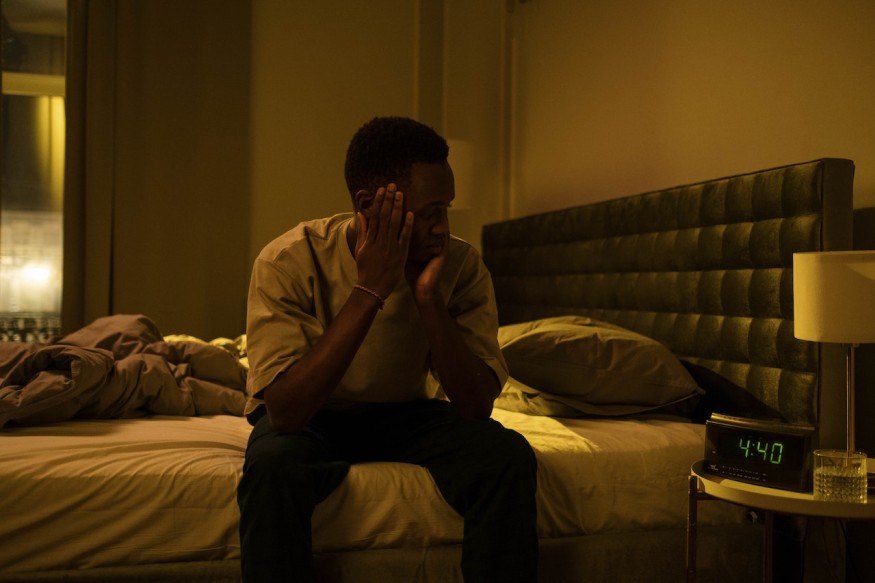
A new study has discovered a significant link between insufficient sleep and hypertension among women.
Sleep and Hypertension
The researchers monitored the 66,122 women's health. These women were all part of the Nurses' Health Study 2 (NHS2) and were 25 to 42 years old. All of them did not have hypertension when they enrolled in 2001. The health statuses of these women were monitored for 16 years. As part of the measures, the blood pressure of these women was checked every two years.
When they were following up, the researchers observed that there were 25,987 new hypertension cases.
Demographic and lifestyle factors were all factored in when the researchers discovered that hypertension risk among women was linked to sleeping troubles and insufficient sleep.
Women who slept for five hours or less every 24 hours had a 10% higher likelihood of developing hypertension. On the other hand, women who slept for six hours had a 7% higher likelihood of developing the condition.
For women who slept over eight hours, no heightened risk of hypertension was observed. The risk was also not seen among women with evening chronotypes or who worked during the night.
Women who self-reported to sometimes or frequently experience sleeping troubles had a 14% and 28% higher likelihood, respectively, of having high blood pressure. This was in comparison to those who rarely had sleeping troubles.
ALSO READ : Early Detection of Hypertension Made Possible by New Technique Using Silver Nanoparticles
How Do They Affect Each Other?
While the study discovered this link, it did not establish a causal relationship between the two. Dr. Nicole Weinberg, who is a cardiologist from Providence Saint John's Health Center in California and who did not participate in the study, explains that it is hard to pinpoint which is causing which, further likening the situation to the chicken and egg scenario.
Lead author Dr. Shahab Haghayegh, who is a biomedical engineer and Harvard research fellow, proposed a probable mechanism in which sleep could promote hypertension. Dr. Haghayegh explains that sleep troubles could lead to various events that boost arterial stiffness, sodium retention, and cardiac output. This could potentially result in hypertension. Sleep-wake disruptions could also affect the constriction and relaxation of blood vessels as well as cell functions that play a role in vascular tone regulation.
The study also cited a hypothesis that suggests that hypertension could lead to sleeping troubles. This could be due to a 24-hour blood pressure pattern interruption. However, this remains a hypothesis that needs to be further investigated.
Researchers also discovered that women with insomnia and other sleepign troubles had higher BMI (body mass index), had less physical activity, did not have a good diet, and had higher likelihoods of drinking alcohol, smoking tobacco, and becoming postmenopausal.
Nevertheless, the study authors advise that women with insufficient sleep should go through high blood pressure screening. If they still experience sleeping troubles, they should also find ways to combat these issues.
RELATED ARTICLE : People Above 40 Years Old Experience Hypertension Spike at Night That Is Missed By Daytime Doctor's Appointment, University of Oxford Study Reveals
Check out more news and information on Medicine & Health in Science Times.












